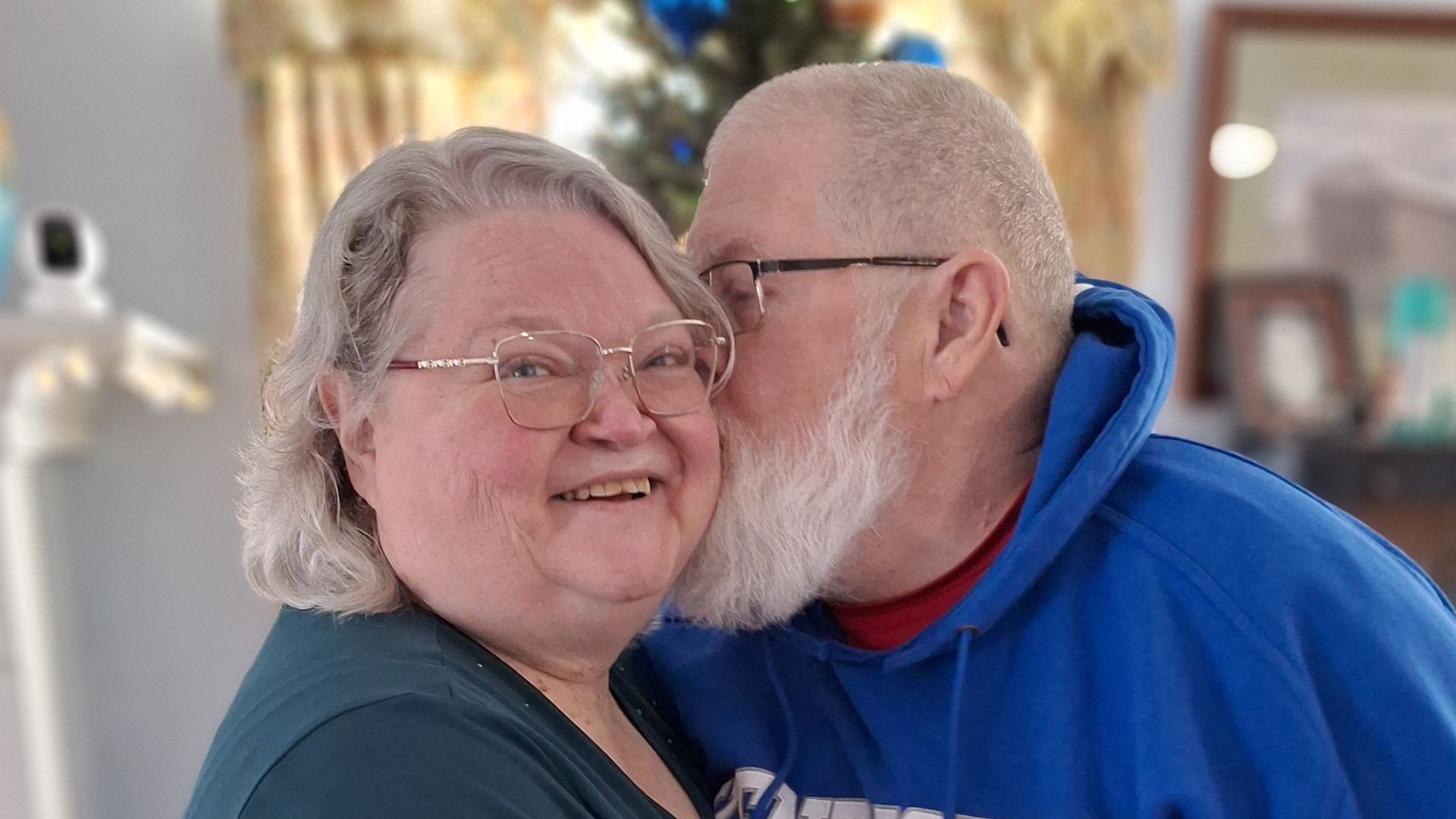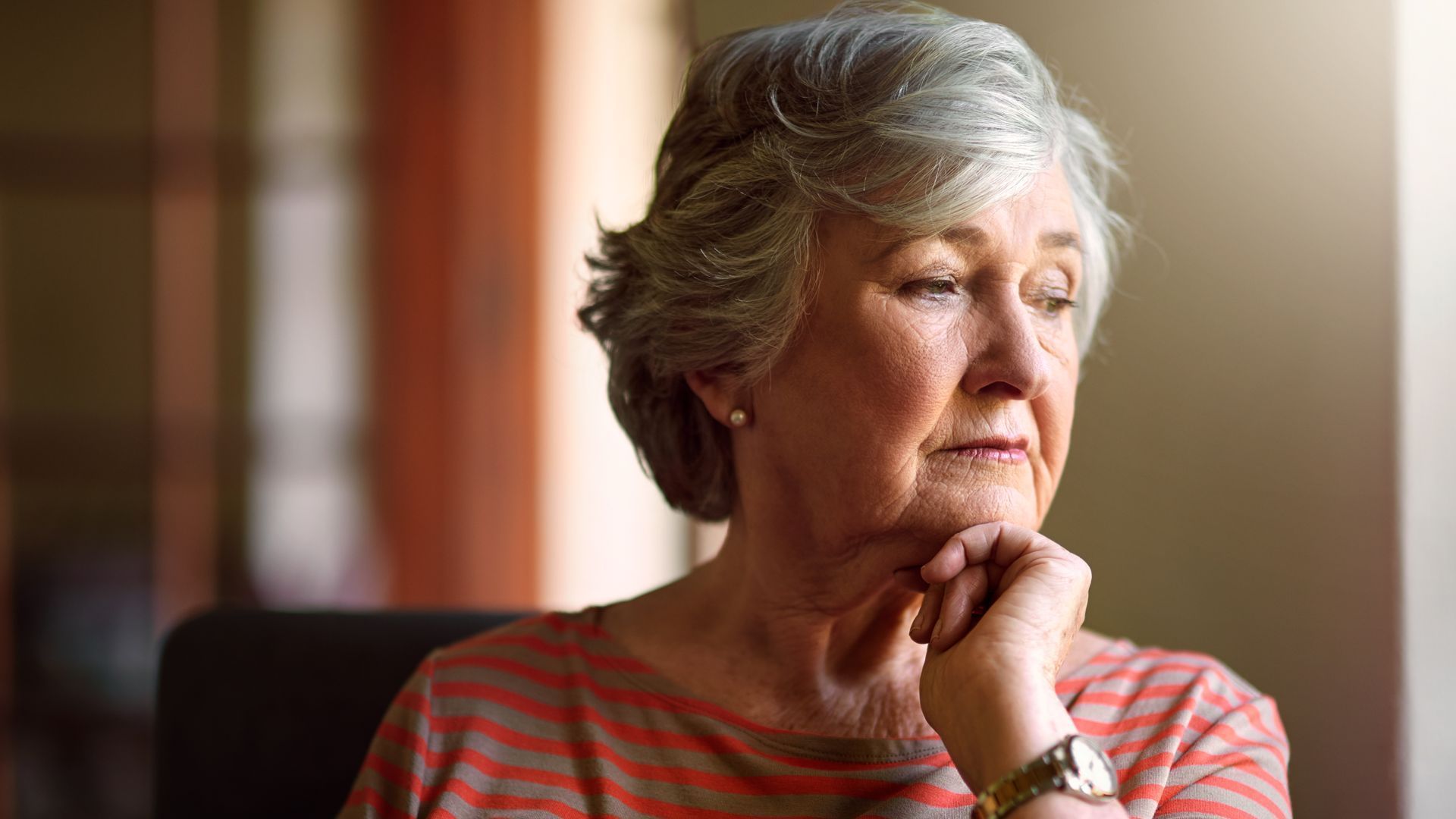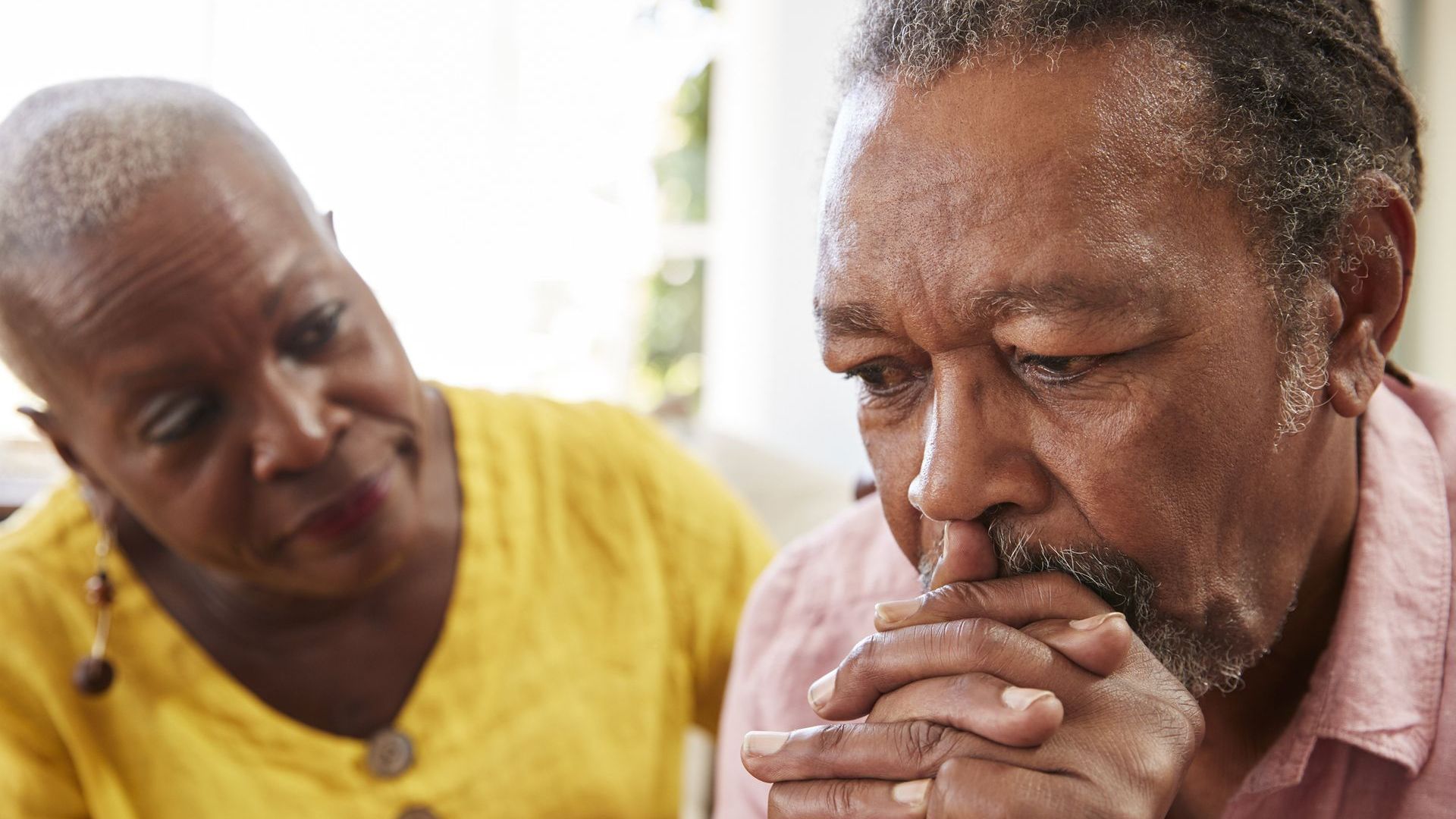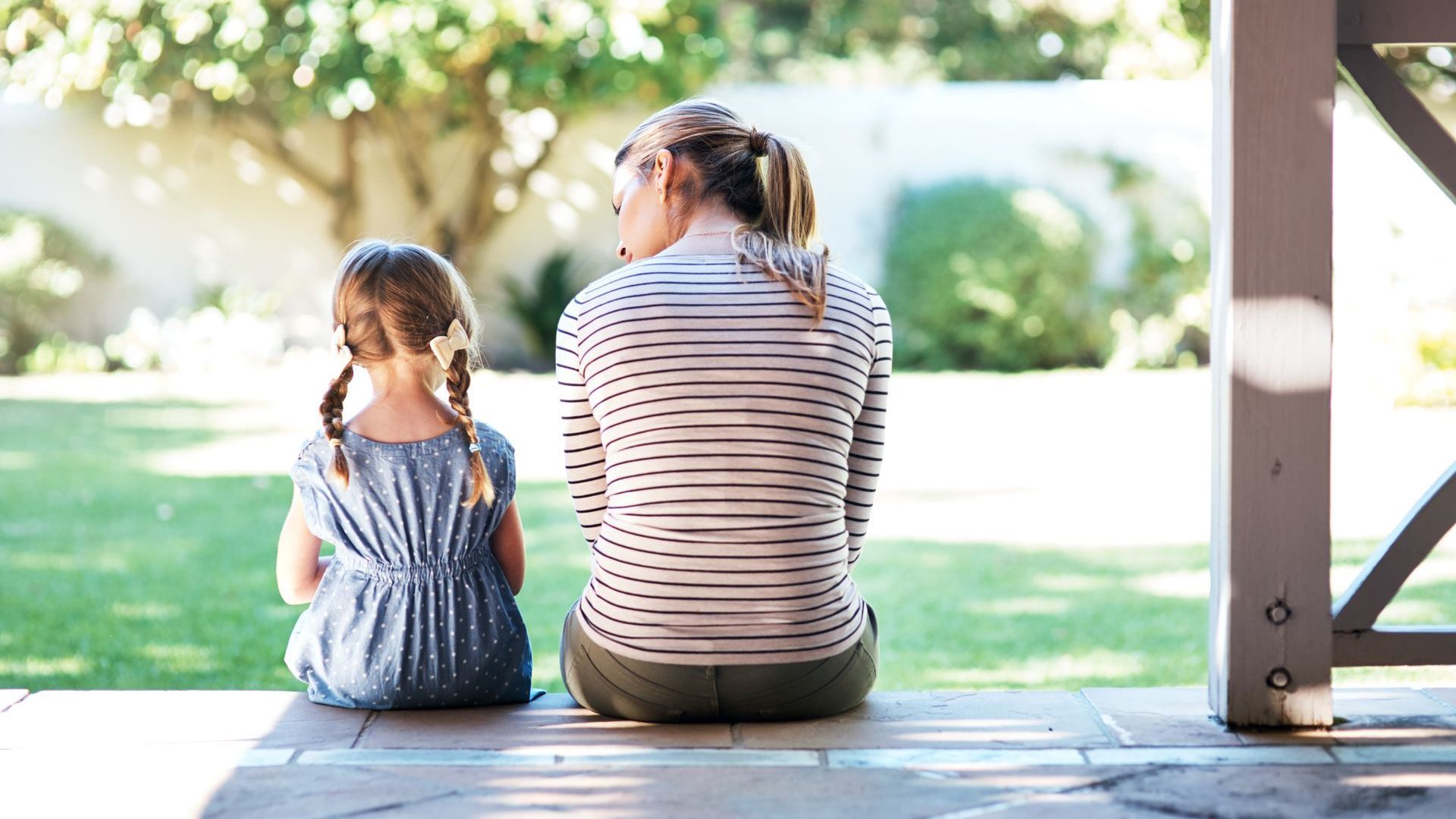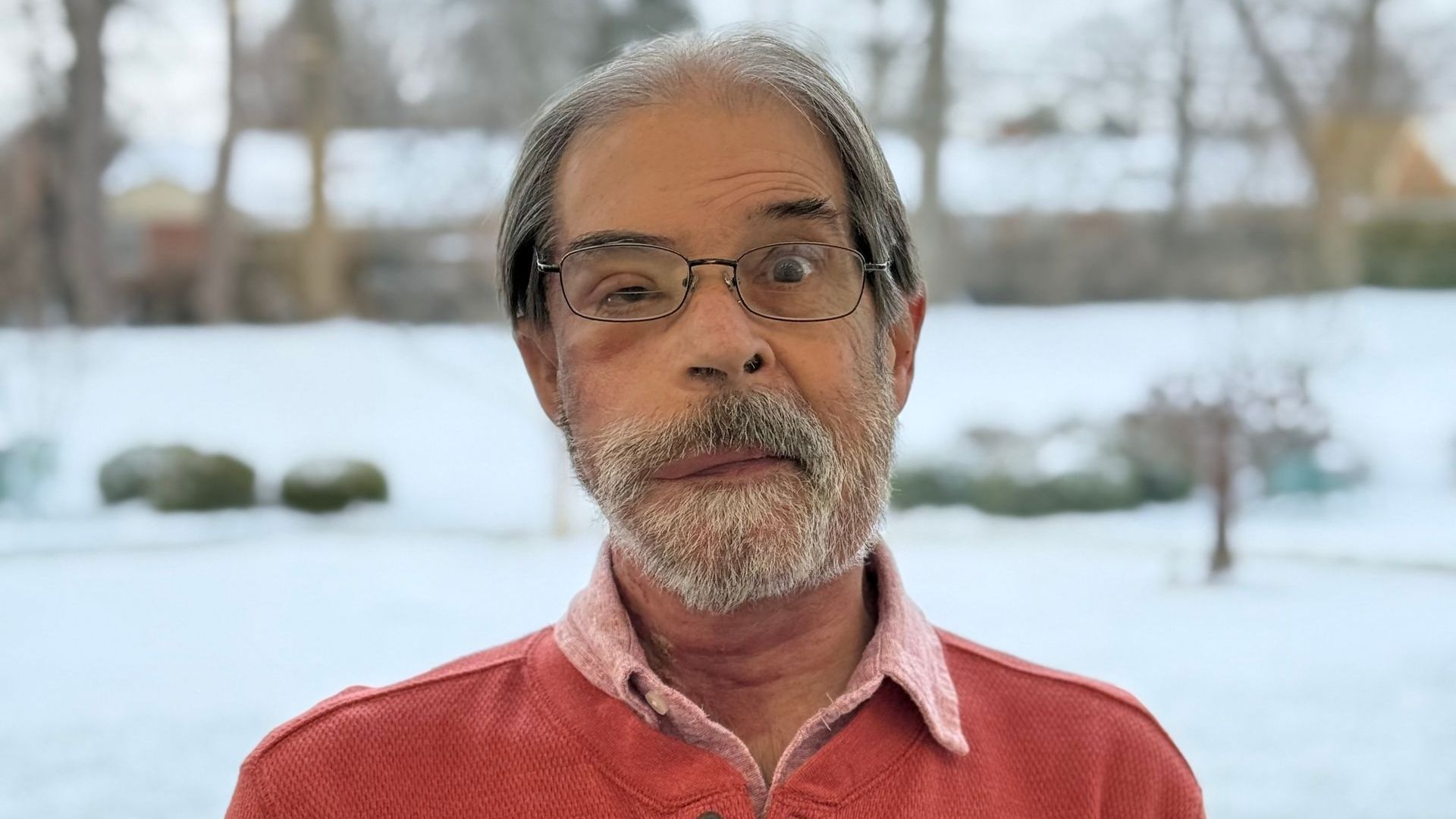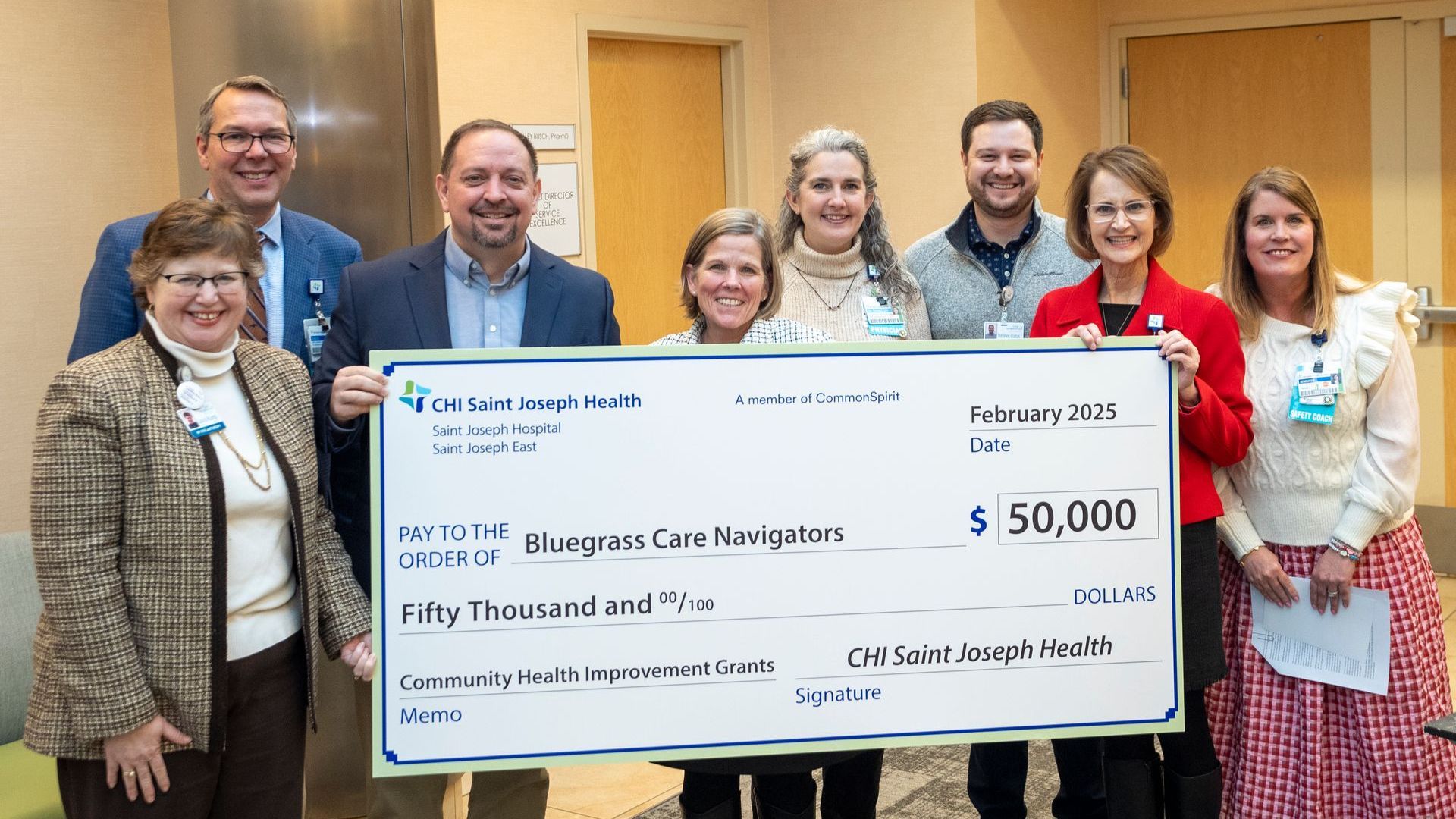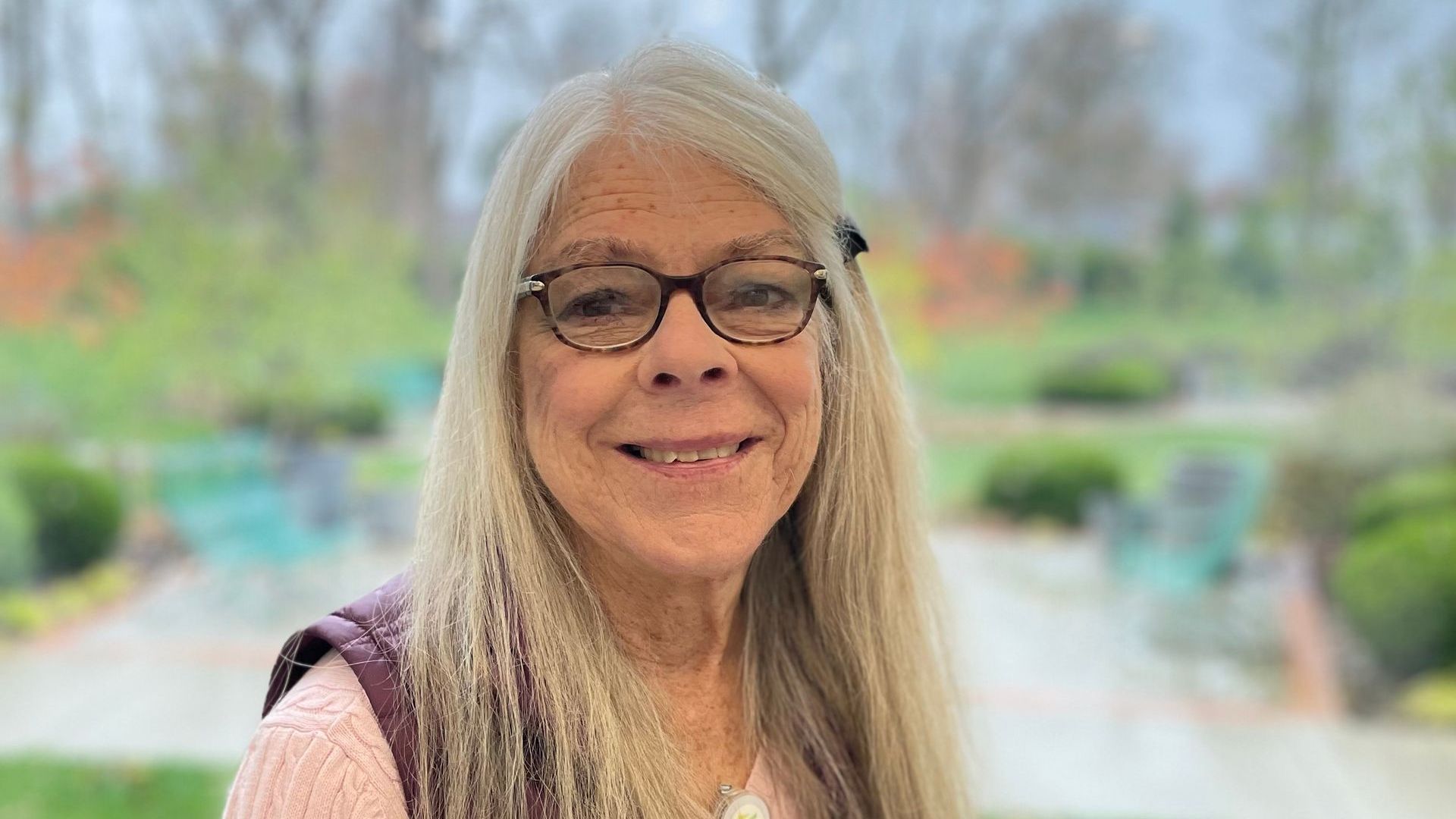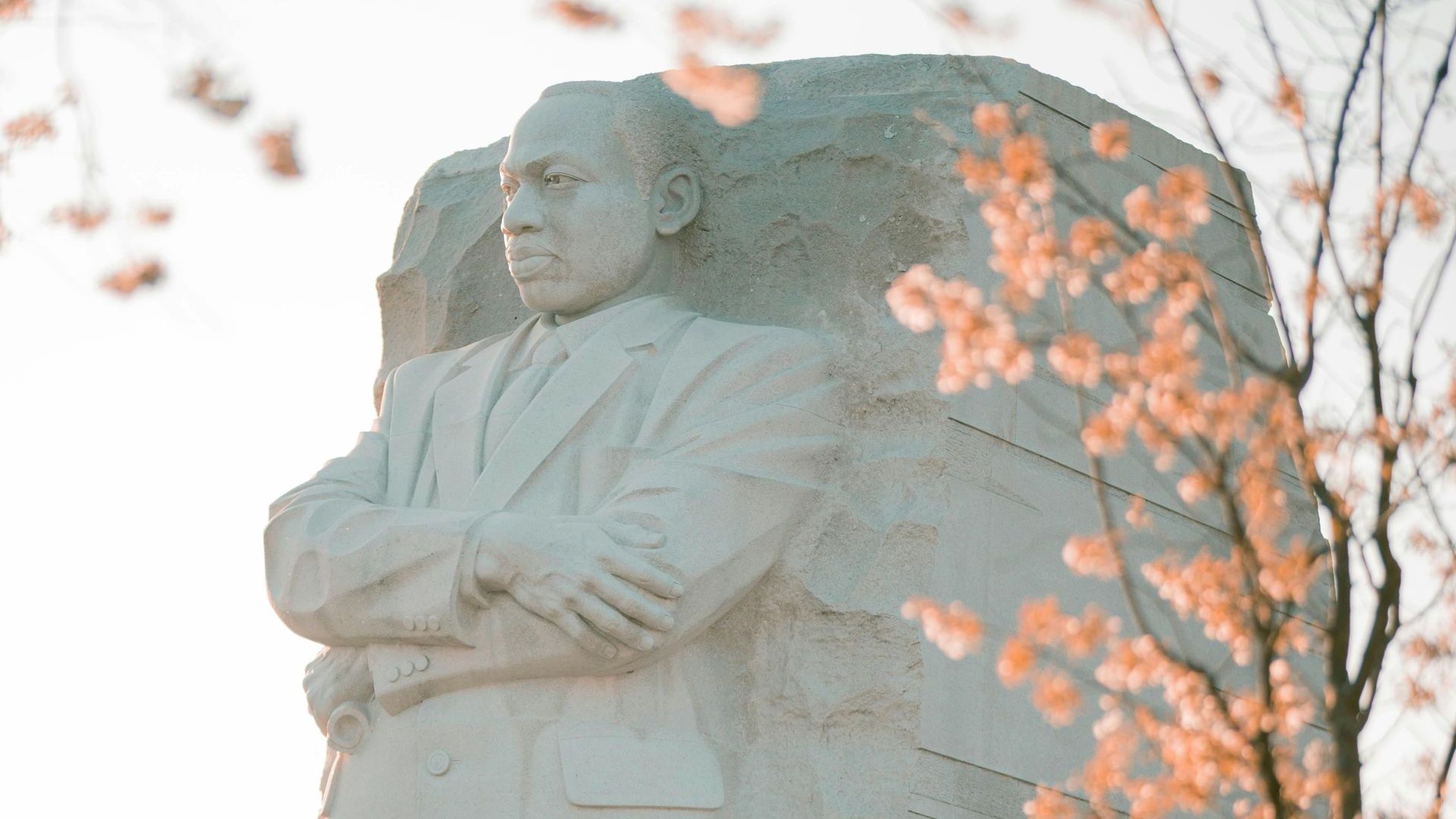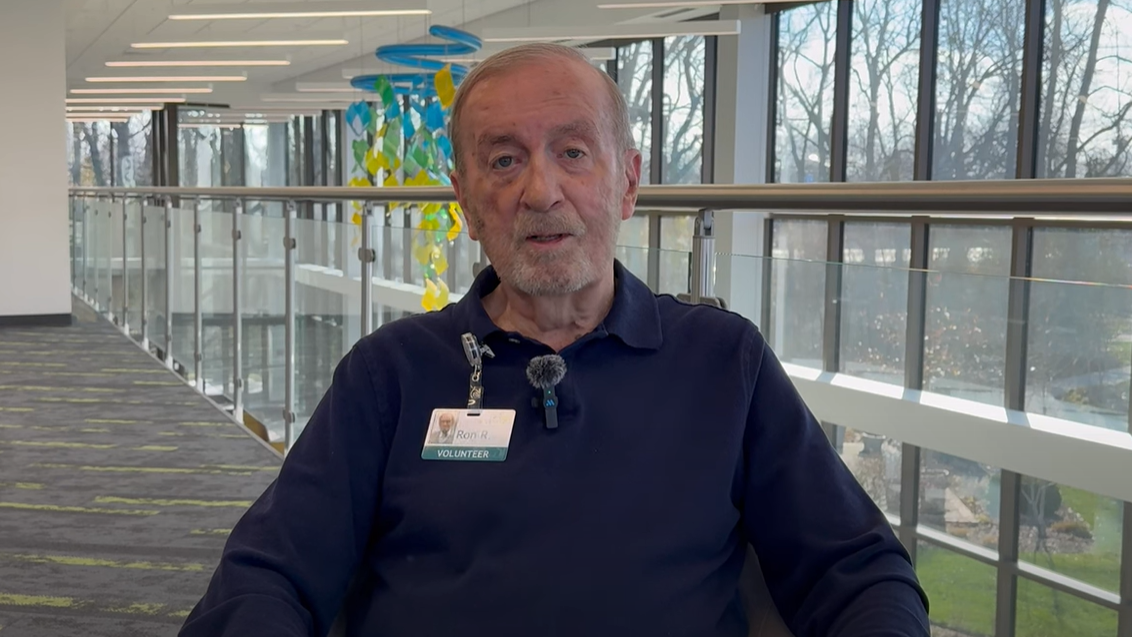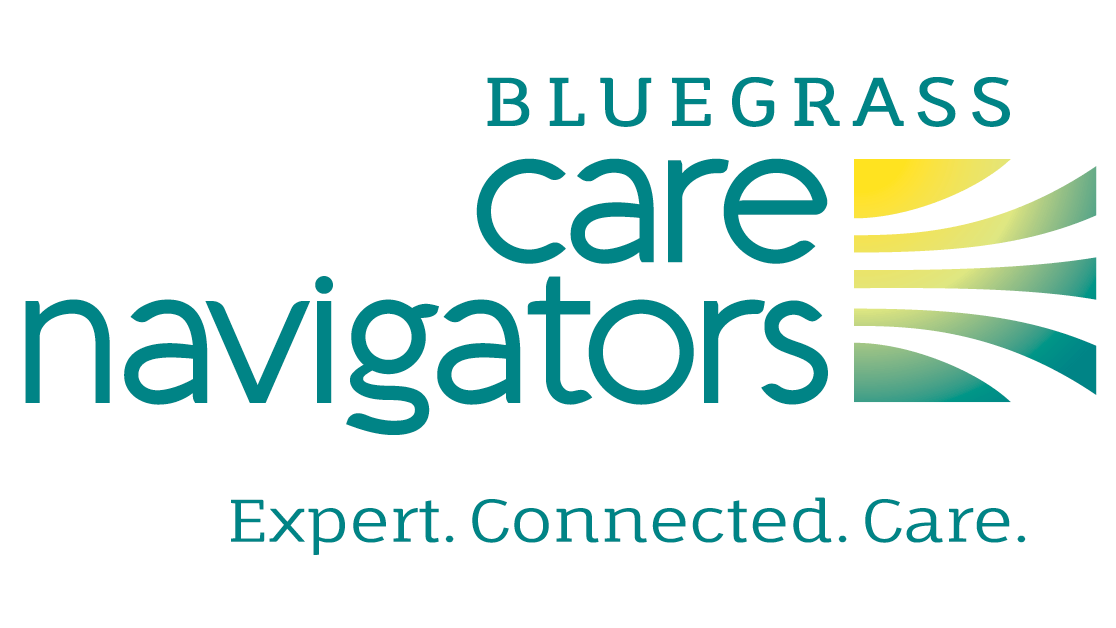Bluegrass Care Navigators Celebrates 45 Years of Expert, Connected, Care
In 1978, Bluegrass Care Navigators, then known as Community Hospice of Lexington, was founded by a group of healthcare professionals and volunteers to provide quality care to patients in their homes.
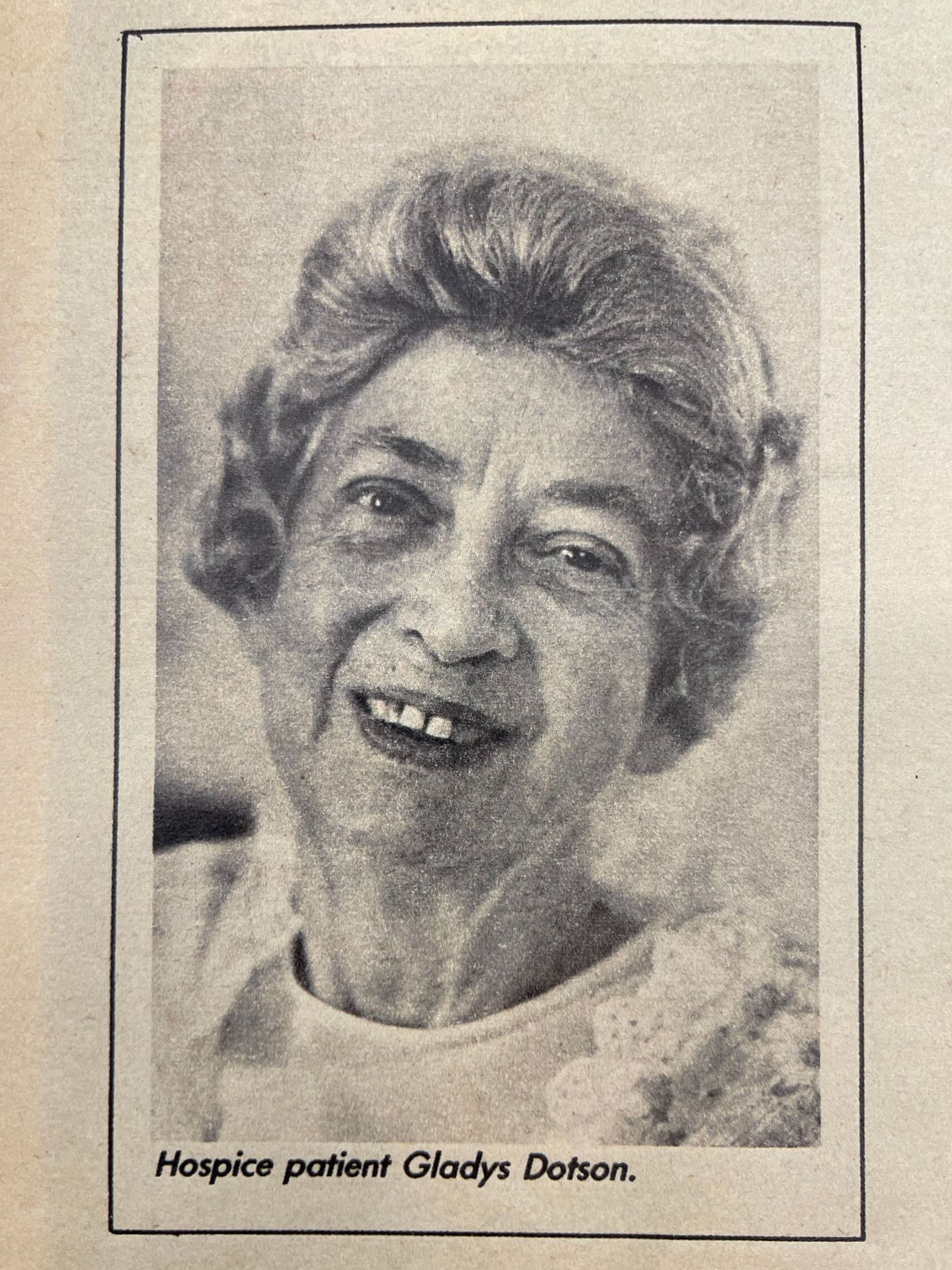
In 1982, Community Hospice hired Gretchen Brown as their first executive director. At the time, they cared for 18 patients with 38 volunteers. For more than three decades, Brown advanced end-of-life care in Kentucky and set the standard across the country, followed by Liz Fowler’s tenure as CEO which began in 2014.
“Having recently experienced caring for my mother following cancer treatment, I was personally motivated to address the needs of patients and families,” Brown said. “Additionally, I had a baby and a preschooler and was looking for a less demanding job! Little did I realize for the next 32 years my job would be more challenging and rewarding than I could have imagined.”
The organization cared for its first patient, Mrs. Gladys Dotson, in 1978 when her cancer diagnosis became terminal.
“When they told me [it was terminal], we didn’t know what to do,” Gladys said in a 1978 interview with The Courier Journal Magazine. “We didn’t want to stay in the hospital. It was hard on Clayton [my husband], there all the time. Hard on us all. We didn’t know what we should do.”
After transitioning to in-home hospice care, volunteer doctors, nutritionists, physical therapists, and nurses helped with meal planning and cooking, as well as bathing, patient care and caregiver education. The Dotson’s also received care from Joan Crowe, a graduate student in counseling, volunteer on the Cancer Hopeline and a trained hospice worker. Not only did she help with household chores, but she also stayed with Gladys frequently so Clayton could take a break. She helped the Dotson’s make memories by bringing a tape recorder so Gladys could share about her life with her family. A member of the clergy also visited the Dotson’s three times a week to offer prayer, discuss life, religion and death and dying.
Gladys outlived doctor's expectations after returning home. Although no medical explanation exists, Gladys “knew she felt better the minute she got home.” She appreciated the way hospice allowed her to remain near the people she loved and made those final days easier for her family.
At the organization’s founding, and well in to the 1980s, volunteers and fundraisers were critical, as very few insurance companies, including Medicare and Medicaid, paid for hospice. Although that has changed, volunteers still play a critical role in patient and family care. To maintain Medicare eligibility, volunteers must compose 5% of BCN’s workforce.
“Our volunteers have beautiful hearts and provide extra support and care to patients and families,” Shellie Brown, Director of Volunteer Operations, said. “We don’t focus a lot on that number because if you are meeting the need, you’re going to meet that requirement. We’re just here to love on our patients and support them.”
BCN’s more than 200 volunteers bring joy to our patients and families daily. During the COVID-19 pandemic, volunteers left sunshine bags on patient’s porches to maintain supportive contact from a distance. Volunteers also provide respite care, 11th hour visits so patients don’t pass alone, veteran pinning ceremonies, care calls, transportation, bereavement calls, companionship visits and more.
Throughout our 45 years, Bluegrass Care Navigators has cared for more than 150,000 patients and their families in all our service lines, serving almost 15,000 Kentuckians in 2022. In 2017, the organization changed its name from Hospice of the Bluegrass to Bluegrass Care Navigators to better encompass the growing continuum of care provided. Although the patients, service lines and service areas have expanded, BCN has maintained its commitment to continual growth and patient-centered care, serving patients in 32 counties in Northern, Central and Eastern Kentucky.
Susan Ware, former vice president of philanthropy for BCN and current senior director of donor engagement at Transylvania University, appreciates the diverse environment for personal and professional growth. During her 26 years with BCN, she helped fundraise for the Frankfort, Cynthiana and Northern Kentucky regional offices and the Greg and Noreen Wells Bluegrass Hospice Care Center in Hazard. In addition, she raised funds to help build the grief and loss center that expanded grief care services.
“Watching the clinicians and volunteers provide exceptional care is the ultimate job that we do,” Ware said. “But I got to see from a fundraising perspective how grateful those families were through their memorial gifts and donations to make sure other patients and families receive the care they received. As a fundraiser, that’s a wonderful thing to see!”
For 45 years, BCN has been a national leader in providing expert and compassionate care for patients and families. In addition to hospice care, our service lines have expanded to include PACE care, palliative care, home primary care, home health care, adult day, transition care, dementia care, bright path, grief care and integrative medicine.
“Although our service areas and service lines have increased, our heart for hospice and patient-centered care has remained the same,” Liz Fowler, current President and CEO of Bluegrass Care Navigators, said. “We are grateful for our clinicians, administrative staff and volunteers who have played a vital role in our growth and continued excellence in patient care. We are also especially proud of the national honors we’ve received that reflect praise from consumers, our staff and the health care community.”
In 2017, the American Hospital Association presented a Circle of Life Award™ to Bluegrass Care Navigators “for innovation in palliative care and for improving the care of patients near the end of life.” That same year, BCN was named a Hospice Elite recipient, placing us among the best in the nation, and Modern Healthcare named us one of its prestigious “Best Places to Work.”
For more information about our services, volunteer programs or careers visit www.bgcarenav.org.
Historical Timeline
1978: Community Hospice of Lexington began providing care to Fayette County residents.
1986: The program expanded to include Scott and Woodford Counties and the organization became Hospice of the Bluegrass.
1986-1989: The agency added Franklin, Bourbon and Anderson Counties to its service area.
1991: Services extended to Harrison and Nicholas Counties.
1995: Merged with Mountain Community Hospice in Hazard to provide services to Breathitt, Knott, Letcher, Leslie and Perry Counties.
1995: Established the Hospice of Northern Kentucky office in Fort Thomas to serve Boone, Campbell, Carroll, Gallatin, Grant, Kenton and Owen Counties.
1996: Opened our first hospice care center, a 12-bed, inpatient unit at Saint Joseph Hospital, Lexington, Ky.
1998: Merged with Hospice of Jessamine County to provide care to Jessamine County residents.
1999: Opened The Palliative Care Center of the Bluegrass, Inc.
1999: Merged with Mountain Heritage Hospice in Harlan, extending services to Harlan and Bell Counties.
2001: The Bluegrass Center for Grief Education and Counseling opened in Lexington.
2003: Extra Care, a private duty nursing service, opened.
2003: The agency established a 7-bed inpatient unit at St. Luke’s Hospital in Northern Kentucky, but due to the merger of St. Luke’s with St. Elizabeth, the unit closed in 2010.
2007: Hospice services expanded to Wolfe and Morgan Counties and Durable Medical Equipment was brought in house.
2008: The Eastern Kentucky service area expanded to Clay, Laurel, Knox, Pike, Floyd and Magoffin Counties.
2011: The agency brought pharmacy services in-house, and the Greg and Noreen Wells Hospice Care Center, a 12-bed inpatient unit in Hazard, opened.
2012: Kentucky Appalachian Transitions Services (KATS) program was developed and pharmacy services in Central and Northern Kentucky were transitioned to the pharmacy in Hazard.
2013: Two intake centers opened in Hazard and Frankfort.
2017: The agency rebranded as Bluegrass Care Navigators to better encompass the growing continuum of care provided. Each service line was rebranded to follow suit – Bluegrass Hospice Care, Bluegrass Extra Care, Bluegrass Transitional Care and Bluegrass Grief Care.
2018: Bluegrass Care Navigators opened Bluegrass Adult Day Health Care, a daytime program in Frankfort for patients needing assistance but not ready for long-term care. BCN partnered with the University of Kentucky to open a 10-bed inpatient unit at the former Markey Cancer Center location in Lexington.
2019: BrightPath Pediatric Palliative Care and the Integrative Medicine programs begin. The Bluegrass HEALing Community Study also begins.
2020: New Headquarters opened in Lexington, Ky., at 1733 Harrodsburg Road.
2021: The Support Center opens.
2022: The PACE Center opens in Lexington, Ky., and the Pikeville office opens.
